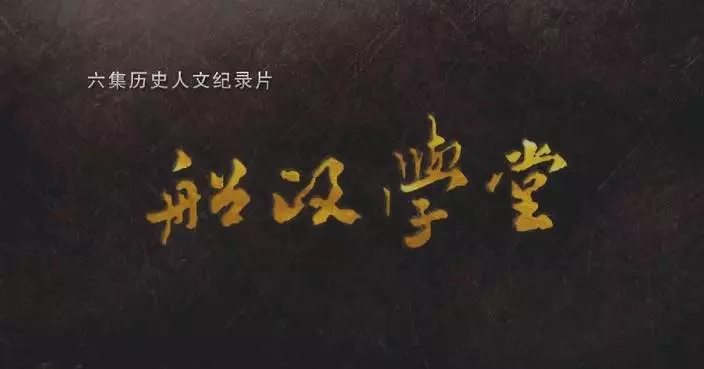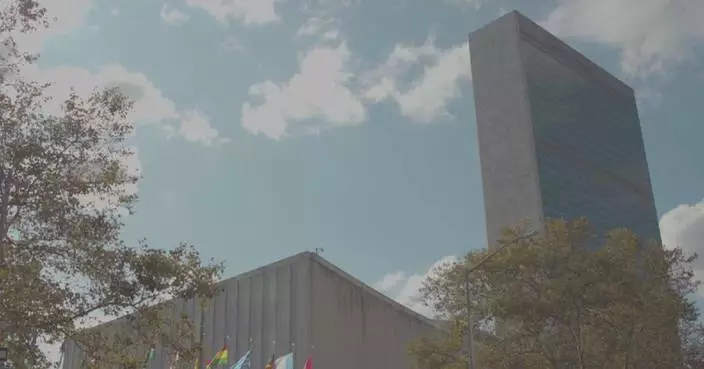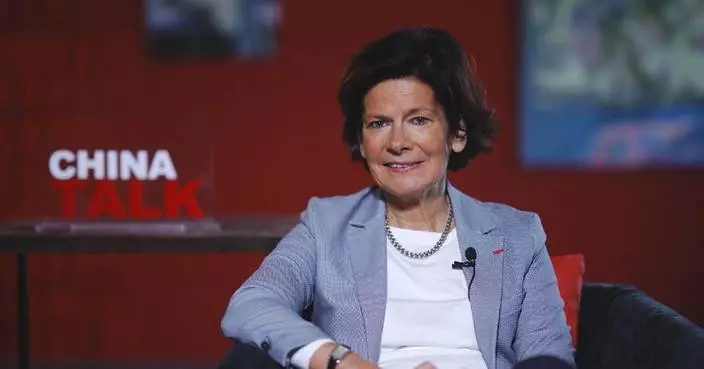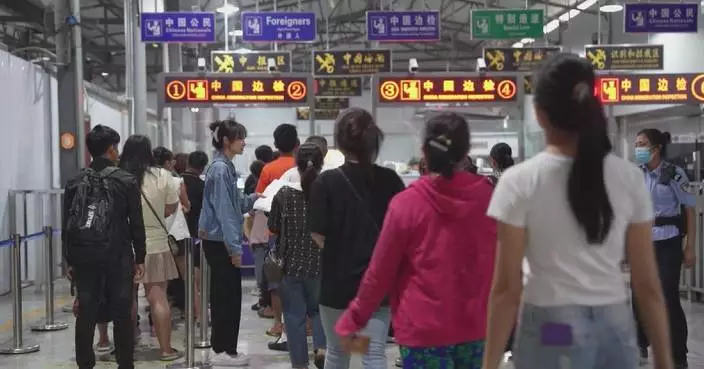The South-South cooperation with China has boosted productivity, incomes and sustainable development in Uganda's farming sector, said Rose Kabagyeni, the African country's senior presidential advisor for agricultural matters on Tuesday.
Speaking during an interview with China Global Television Network (CGTN) in Lushan County of Ya'an City in Sichuan in the southwest during her visit to China, Kabagyeni also emphasized the knowledge and skills sharing facilitated by the cooperation, particularly in areas like integrated rural development.
Kabagyeni led a delegation to study Sichuan's farming experiences from April 12 to 19, hoping to bolster sustainable development in Uganda's agriculture.
Kabagyeni noted that China's rural revitalization model serves as a tangible and replicable case study that can be applied to improve agriculture in Uganda.
"This visit in Sichuan has really improved our understanding about rural development, about sustainable natural resource management, for example, have learned how water for irrigation, water for agricultural production, and water for domestic use, has been utilized, unlike in Uganda, where we have been hit by droughts instead of learning how to.. we have learned how to utilize our water instead of causing floods. We are now willing to convert all that water to improve our water for domestic use and agriculture production," said Kabagyeni.
She also highlighted the FAO-China South-South Cooperation Program, which has introduced Chinese agricultural products for cultivation in Uganda, boosting farmers' incomes and catalyzing broader economic growth.
The Global South cooperation mechanisms and China's Belt and Road Initiative (BRI) have helped Uganda address local challenges and foster sustainable growth in several ways, facilitating the transfer of knowledge and skills related to integrated rural development, said Kabagyeni.
Specifically, 56 Ugandans have received training in biome production and utilization, which Kabagyeni views as a significant achievement of this South-South cooperation.
Kabagyeni said the visit has generated optimism about attracting investment to replicate similar projects in Uganda, which she believes will help reduce poverty and drive sustainable development in the country's rural areas.
"Among the things we have done while we are in China, we have been able to visit very many factories in the agricultural development, in addition, development in the food processing, that even attracted investors that are going to invest back home in Uganda. We believe when all this combines together, it's going to help reduce poverty among the people, but overall improve agricultural development while improving the income of our rural people," she said.

South-South cooperation with China boosts agriculture in Uganda: official









